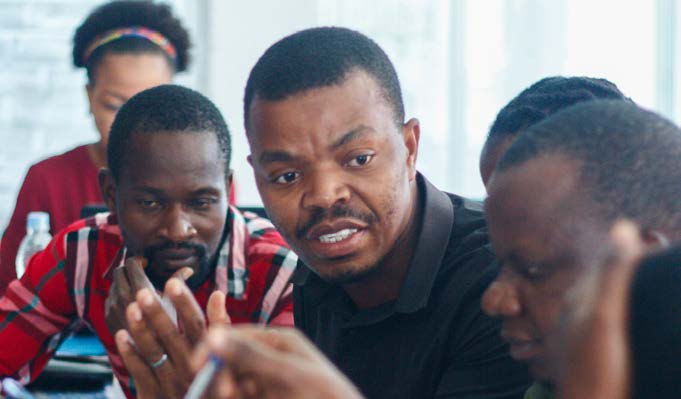Blogs

While African governments draw on evidence to inform health policy and programme decisions, it is well recognised that this is not a standard practice due to many challenges including weak institutional capacity for supporting and requiring sustained use of evidence. Through the Heightening Institutional Capacity for Government Use of Health Research (HIGH-Res) project implemented jointly with Ministries of Health (MoHs) in Kenya, Malawi and Uganda, the MoHs in Malawi and Uganda have recently implemented key institutional reforms poised to promote, support and require evidence use as standard practice in MoH decision-making. HIGH-Res is funded by the Alliance for Health Policy and Systems Research (AHPSR).
Malawi adopted evidence checklists, introduced a health research sub-TWG, and launched a strategy for implementing country’s Health Research Policy
The Malawi MoH adopted two evidence checklists developed by the HIGH-Res project in August 2022 to be used at different levels of decision-making to support and/or assess the evidence base for proposed decisions. The first checklist is to be used by MoH divisions, departments and technical working groups (TWGs) to guide the access, appraisal and synthesis of evidence needed to inform decisions made by divisions, departments and TWGs. The second checklist is to be used by MoH’s senior management in assessing the evidence upon which decisions proposed by divisions, departments, and TWGs are based.
Malawi MoH further introduced a Health Research sub-TWG in August 2022 to coordinate health research stakeholders, steer MoH’s efforts to synthesise and apply evidence in decision-making, and promote a culture of evidence-informed decision-making (EIDM) in the country’s health sector. In addition, Malawi launched a Health Research Strategic Plan in August 2022 to guide the implementation of the Health Research Policy issued in December 2020. Among others, the Plan outlines key interventions, which if implemented, will nurture a culture of evidence use in MoH’s decision-making For example, the plan is to ensure the yearly training of the leadership and management team in the research division on the use of evidence to inform their decisions. The strengthening of their capacity will enhance health research leadership, management and governance by 70% by 2030.
Uganda reformed guidelines for MoH’s Governance and Management Structures to integrate evidence use principles, strategies and tools
In Uganda, the HIGH-Res project worked with the MoH to review and update its Governance and Management Structures Guidelines to integrate principles and requirements that ensure evidence guides decision-making processes within the ministry. The Guidelines provide an integrated approach to institutionalising EIDM within the MoH including assigning specific tasks relating to EIDM to different actors in the MoH; recommending actions such as deliberative dialogues to engage stakeholders beyond the ministry; and requiring the use of evidence checklists to ensure all decisions made by MoH are based on evidence. The Guidelines were launched by MoH in September 2022.
While Kenya is not reported here since it has not recorded much activity in the last few months, it is notable that the MoH staff and researchers at the Kenya Medical Research Institute (KEMRI) trained and mentored by the project in evidence synthesis in 2021 have continued to synthesise and provide the evidence needed by the MoH and counties to inform health policy and programme decisions. The staff were nominated by MoH for training and mentorship in evidence synthesis so that they could support decision-making in their divisions, departments and TWGs. In KEMRI, the researchers trained and mentored in systematic reviews were mainly the ones seconded to the Knowledge Management unit, which is tasked with supporting MoH and county level decision-making through evidence synthesis and provision of policy and evidence briefs.
While the HIGH-Res project is concluding this year, its interventions in the three countries will continue nurturing and shaping evidence use in health sector decision-making many years to come.

